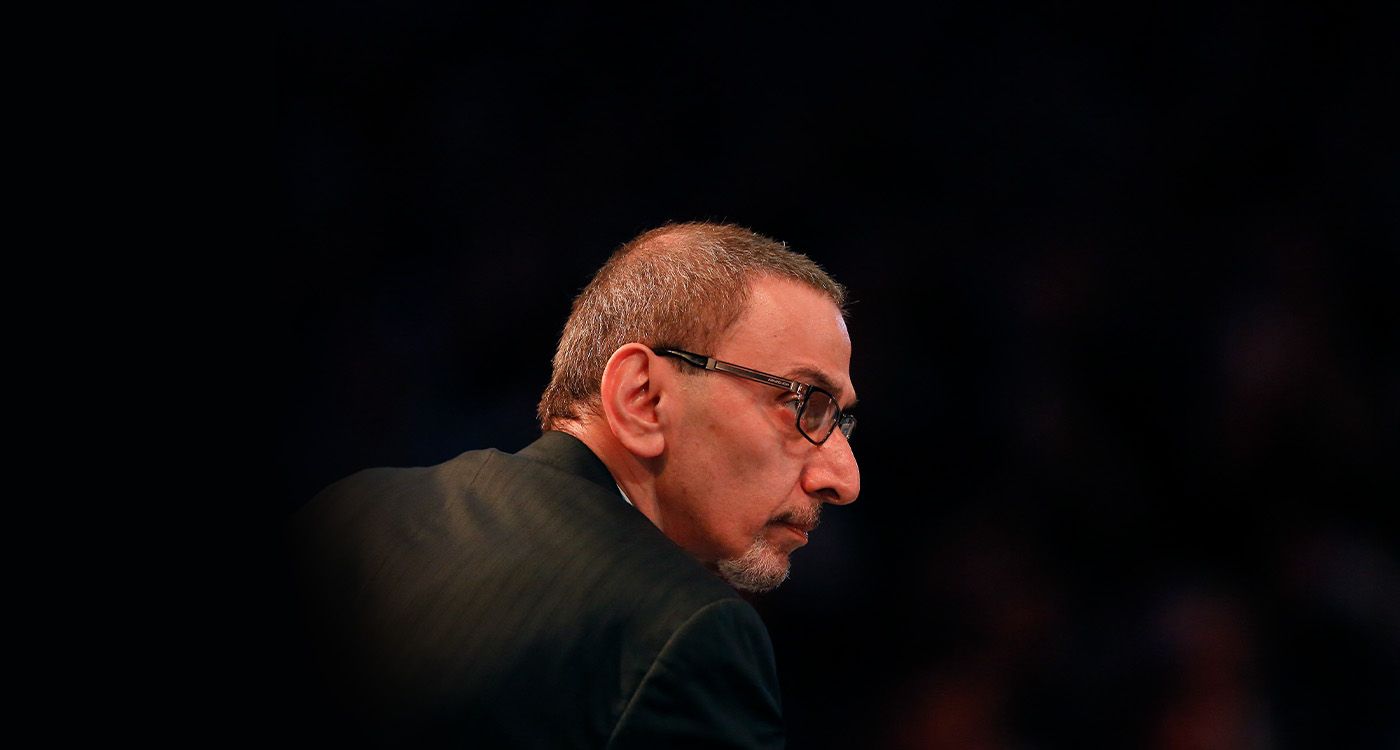
Ziad Rahbani, one of Lebanon’s most influential artists, passed away on Saturday at the age of 69 after battling a prolonged illness. News of his passing came as a shock to Lebanon’s cultural and political scene, which paid tribute to his legacy.
President Joseph Aoun hailed Rahbani as “not just an artist, but a defining cultural and intellectual force.”
In a heartfelt statement, Aoun said, “He was a rebellious voice against injustice and a mirror for the marginalized. His music and theater opened new horizons for Lebanese expression.”
Prime Minister Nawaf Salam called Rahbani “a free voice who remained loyal to justice and dignity.” Salam praised Rahbani's boldness in tackling political and social issues, saying, “He said what many did not dare to say.”
Parliament Speaker Nabih Berri also paid tribute to the visionary artist, saying, “Lebanon without Ziad is a melody in mourning and words left broken. A black curtain falls on a Rahbani chapter that was deeply human, cultural, artistic, and patriotic, yet one that will never truly end.”
Minister of Information Paul Morkos added his tribute: “With Ziad Rahbani’s death, Lebanon and the world lose a cornerstone of innovative and exceptional Lebanese art. One pillar may fall, but the foundation of our rich and authentic artistic heritage stands strong.”
Former Prime Minister Saad Hariri wrote on X, “With Ziad Rahbani’s passing, Lebanon loses a global artistic and musical icon. My heartfelt condolences to his family, especially to his mother, the legendary Fairuz. May God grant her long life.”
Minister of Culture Ghassan Salameh admitted, “We feared this day, knowing his condition.”
Actor Bassem Moughnieh wrote, “The genius is gone, as if fate meant Shadi [a song interpreted by Fairuz about the loss of a boy] to be Ziad.”
Born in 1956 to music legends Fairuz and Assi Rahbani, Ziad carved out a path that fused political critique with biting satire, jazz, and classical music. He wrote and composed for Fairuz in his youth and later created groundbreaking plays such as Sahriyyeh, Nazl el-Sourour, and Bennesbeh La Boukra Shou?
Known for his strong leftist views and support for Palestinian rights, Rahbani was a sharp critic of Lebanon’s sectarian system. His influence extended across generations, earning him a unique place in the Arab cultural landscape.
Despite his withdrawal from the music scene in recent years, Rahbani remained highly respected and revered among a wide segment of intellectuals and the general public alike.
He leaves behind a political and artistic legacy that will continue to inspire future generations to challenge tyranny and question authority.
Comments